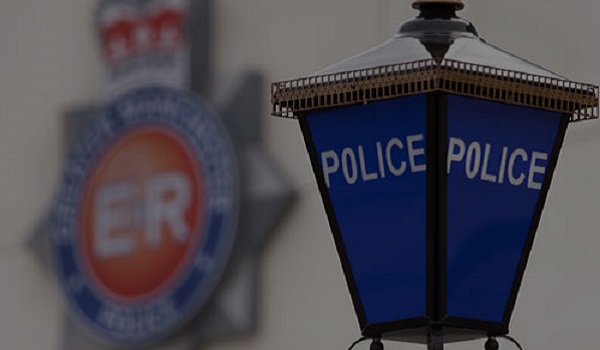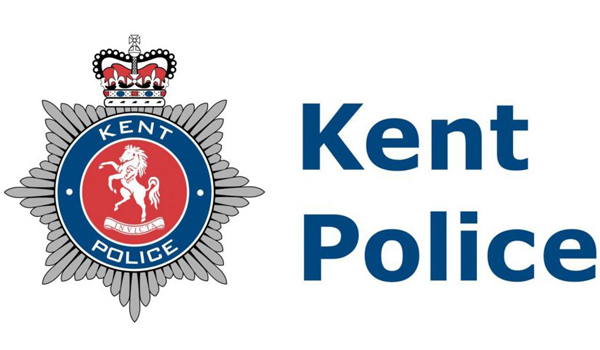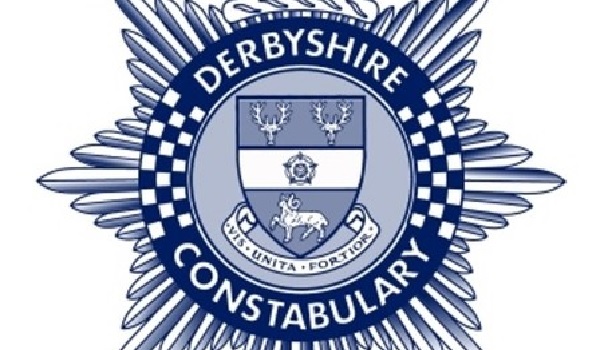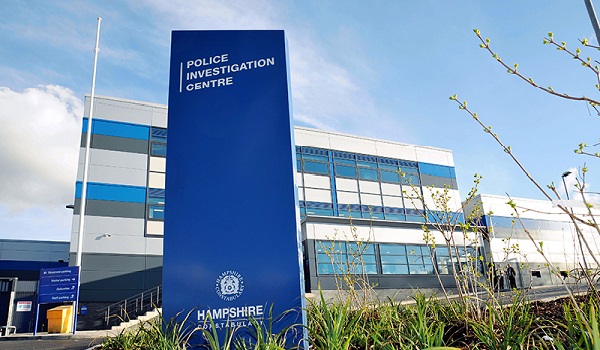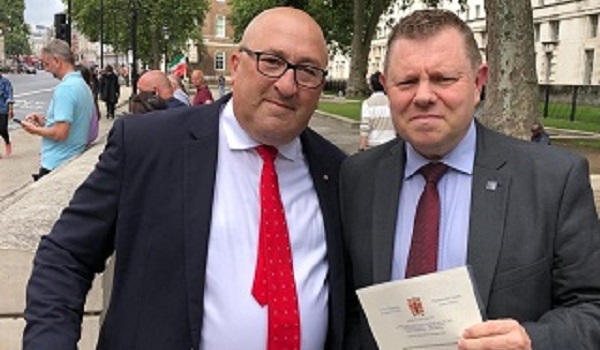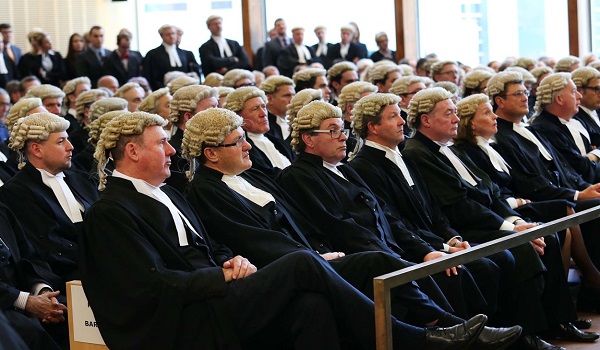GMP 'still falling short' of expected standards - HMICFRS
Greater Manchester Police (GMP) continues to face “significant challenges” and is still falling short of expected standards, a report by Her Majesty’s Inspectorate of Constabulary and Fire and Rescue Services (HMICFRS) has found.
The performance of the force across nine areas of policing was graded and found to be ‘adequate’ in one area, ‘requiring improvement’ in five areas and ‘inadequate’ in three areas.
The force did not receive any ‘good’ or ‘outstanding’ ratings. The areas graded as ‘inadequate’ included how the force investigates crime and how it responds to the public.
However, the inspectorate acknowledged that GMP had made progress, including improving its crime recording so that it now properly records a “substantial” majority of the crimes reported by the public.
The force was placed in special measures in December 2020 after an earlier HMICFRS inspection reported being “deeply troubled” over how cases handled by GMP were closed without proper investigation. It also found GMP’s service to victims of crime was a “serious cause of concern”.
The force had failed to record an estimated 80,100 crimes reported to it, including incidents of domestic abuse and behavioural crimes, such as harassment, stalking and coercive controlling behaviour.
Shortly after, Ian Hopkins resigned as chief constable after losing the support of Greater Manchester Mayor Andy Burnham. He was replaced by he former South Yorkshire Police chief constable Stephen Watson, who has vowed to step down if the force is not in a “demonstrably better place” within two years.
Following the publication of the latest report, Andy Cooke, Inspector of Constabulary, said: “GMP has faced immense challenges, but I am pleased with the progress the force has made in the short period of time since it published its new action plan, back in September last year.
“However, GMP is still falling short of the level of service both the inspectorate and the public expect. I am particularly concerned about how the force investigates crime, its insufficient understanding of demand and how it supports its workforce. We have made several recommendations for the force to make improvements in these areas.
“The challenges facing GMP should not be underestimated, but I am optimistic that the trajectory and pace of improvement will continue this year. We will continue to closely monitor the force’s progress.”
GMP Deputy Chief Constable Terry Woods said the report was a “fair and accurate illustration” of the force’s position in September when inspectors visited, adding: “We are as committed now as we were then to fixing these issues and that the plan we are pursuing at pace addresses each and every one of the areas raised in the report.”
“One of the main issues we faced in September was crime recording and, positively, HMICFRS has recognised our significant improvement in this area. Our current compliance with national crime recording standards is nearly 91 per cent. This is an extremely positive shift from being one of the poorest performing forces in the country, to being in the upper quarter of the table in a relatively short period of time. This improvement clearly demonstrates our commitment to a sustainable and continued progression with our crime recording and shows we are on track.
“We know historically there has been long waits for both 999 and 101 calls, and I understand this is one of the most important issues the public wants us to fix. We have invested heavily in this area, and I’m pleased to say we have seen the waiting times come down as a result.
“The average time for 999 calls to be answered is currently around 25 seconds, which has reduced by half compared to the critical incident of July last year. 101 call answer time has also significantly improved, to an average of three minutes 47 seconds – a sizable reduction from the eight-minute peak we saw in the same critical period in July. Whilst this is an excellent start and shows the investment is working, these times are still longer than our original target.
“We also knew back in September that we needed to free-up officers to do the job they were brought in to do – tackle crime and bring offenders to justice. This meant better handling of the crime reports as they come in and reducing demand on our response officers. Our new training for call handlers and a new, more effective, policy for grading calls has been launched and has already seen the demand being placed on response officers reduce by 15 per cent. This is due to the new approach of resolving the needs of the caller at source where appropriate.”
Mr Woods said the new measures were freeing-up time and allowing officers to respond to the most serious incidents more promptly. “Attendance at grade one incidents has reduced from 21 minutes to an average of 17 minutes. Whilst this is still above our overall target of 15 minutes, we are already seeing five of our districts reduce their response times below this,” he said.
“Whilst the HMICFRS peel review quite fairly portrays the position we were in six months ago, I am confident that we are already in a much improved position and the changes we are making are having a positive and sustainable impact.
“Much of what we have achieved so far has been accomplished through having a simple and clear plan, strengthened leadership and better management of performance. The next stages of the plan involve the more fundamental changes needed in all areas: a wholescale overhaul of our operating model involving call handing; response policing; neighbourhood policing; safeguarding; and public safety.
“Of equal importance will be a renewed focus on supporting and developing our workforce because it is down to the hard work and dedication of our dedicated officers and staff that we are beginning to turn the tide and surge GMP into a force to be reckoned with.”


